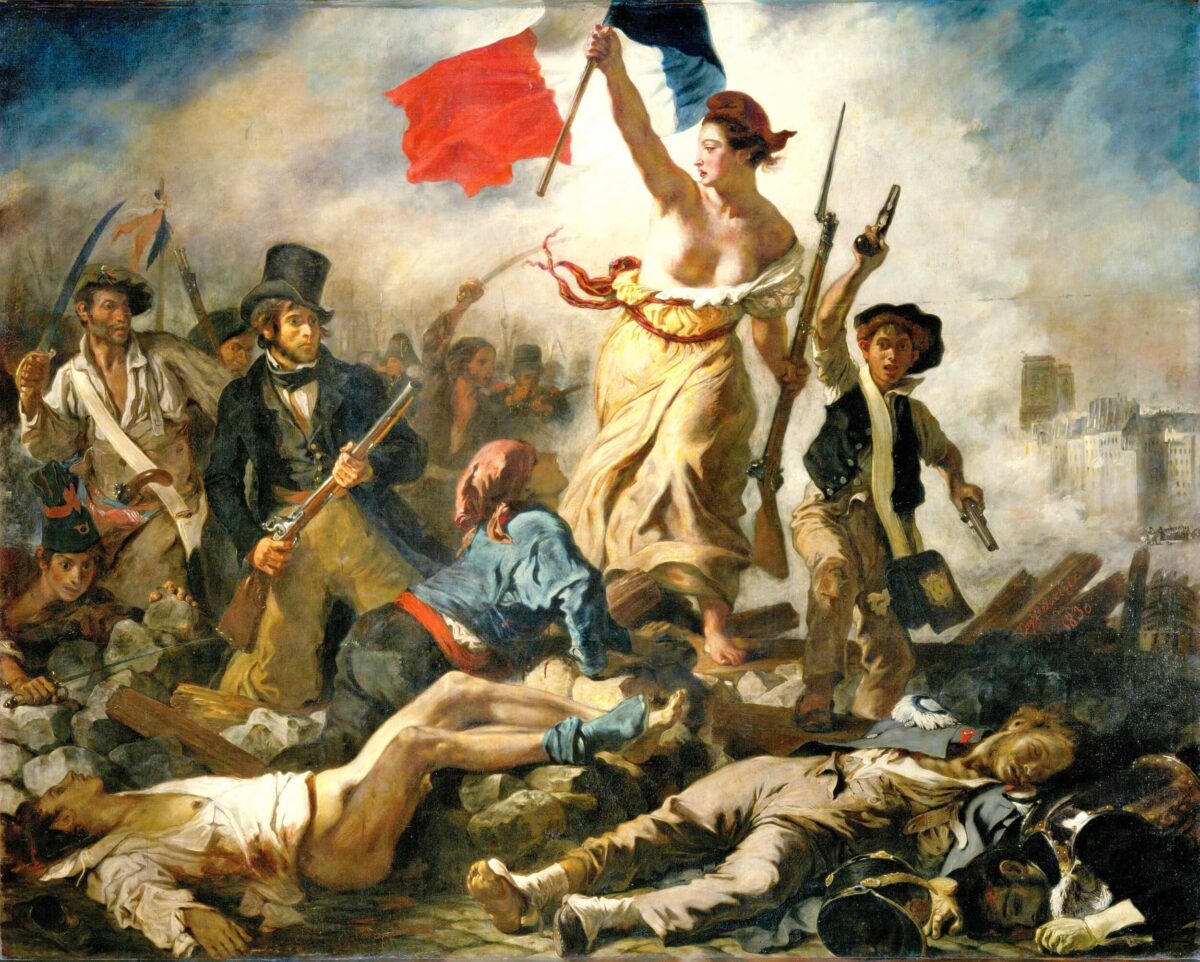Looking at history through the prism of sex is a great way to understand and humanise societies that otherwise might feel remote or totally different from ours, Jones told the audience at a central London event to launch the forthcoming Sky History television series Sex: A Bonkers History.
Examining sexual practices, preferences and protocols has a serious historical purpose, as “sex is a great way to look at a long period of human history because it is the one guaranteed constant in the whole of history,” explained Jones.
“What you find when you do that is that human societies have often been quite like ours, which is to say they’re completely obsessed with sex and also quite censorious, and prurient maybe, in regards to thinking and talking about it. So the tension between those two attitudes is not just the preserve of our own society – it’s run through human society from ancient Egypt through to today.”
Ancient wonder women
In studying the history of the social (in)balancing of pleasure, puritanism and pro-creation, there are examples of gender politics that strike a chord with modern social conversations. Jones’ co-host in the series, media personality and actress Amanda Holden, was drawn to the epoch of the martial society of Sparta in ancient Greece as a society that championed the power of both sexes.
“They were like Wonder Woman, they win battles, they fight wars, the Spartan women are as strong as men, they do everything that men can do super well. They come together to make babies and then go back to do their separate thing. I was shocked and enthralled by it and full of admiration for a society that produces such amazingly strong females that could win wars.”
More shocking perhaps are the examples of sexual polarity and clear gender exploitation, most notably in the witch trials that became endemic in northern and central Europe following the Reformation and Counter-Reformation. In the series Holden interviews historian of sex Dr Kate Lister, who underscored the abuse which centred on women during this period. Thousands were killed having been accused of having sex with the devil. The brutal sexualised rendering of that trauma came from the religious politics of the time as societies and then nations split from the Catholic church, leading to a reactionary counter-reformation.
There are echoes of that past in our own experience, says Jones, “because we’re living in a technological revolution and reformation of values. What you always have with a revolution and a reformation is a counter-revolution and a counter-reformation that is equally, if not more, vicious. This is true of the religious reformation in the 16th century: you have reform and everyone tries to think in a different way and the viciousness of the counter-reformation was even greater – society became very polar. So [today] I think we are both more liberated and more repressive but those two things go hand-in-hand and they’re indivisible.
So, the question on our own society’s sexual consciousness remains open. One thing that history teaches you is that it’s almost impossible to have true perspective on your own age says Jones. “We’re sort of repressed and we’re sort of liberated and we don’t know which one we are. We want to shut it down and open it up all at once and maybe that’s not to do with sex itself, maybe it’s more to do with the media revolution.”
Holden also sees a paradox, perhaps as old as sex itself: “Even though we think we’re going forwards, I feel like we’re going backwards. When people say conversations are being started, they’re actually being stopped – lots of people are frightened to speak on every aspect. It’s a shame, there should be so much to celebrate now.”
Sex: A Bonkers History begins on Sky History Monday 18 September at 21:00
Image top: Liberty Leading the People by Eugene Dealcroix

